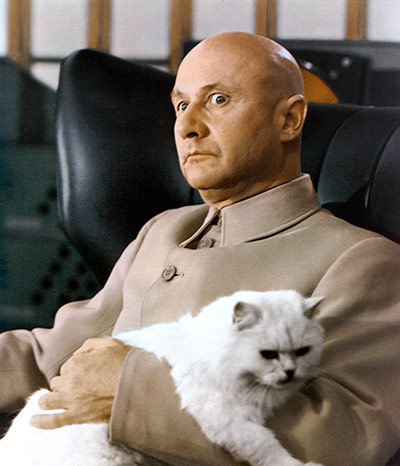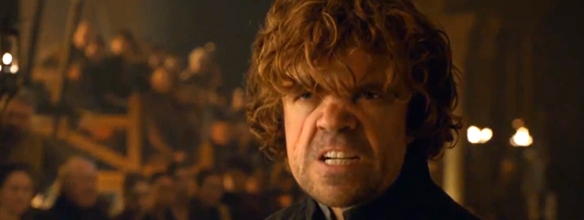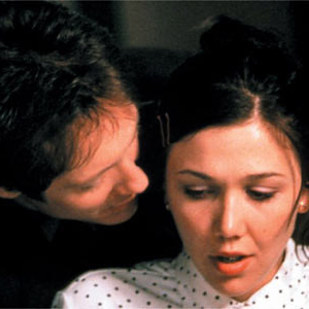Have you ever been reading along in a book that you are thoroughly enjoying and suddenly, shortly after you have decided “yes, this author is one swell fella and/or gal and I approve of this book,” the writer does something that just ruins it for you? Do you feel like hurling the book across the room, only you can’t because that’s how you broke your last kindle? Well, don’t feel bad. You’re not alone! I’m here to help you cope with such disappointing events.
You see, there are some common mistakes and shortcuts many writers make in order to wrangle their stories into coherent narratives or to address the themes they swore they would discuss when they first sat down to put thoughts on paper. These things don’t necessarily make the author “bad.” No, I would argue that you could take any of your favorite authors and find one or two mild examples of each of these things in any of their books. Maybe you didn’t notice them and they never bothered you. That’s fine! Great, even! You should probably stop reading this post, because if that’s the case, I’m going to make you very unhappy.
Now, bear in mind, speaking as an author, these are not things we do on purpose (I hope) but in the course of an 80,000/100,000/120,000 word manuscript, we make little deals with ourselves while writing which perhaps we’re not always entirely aware. I could cite actual instances from real authors, but since I do not wish to start flame wars with my brothers and sisters, I’ll try to come up with abstract examples writ large for shock and guffaw effect. So, without further preamble, let me dive right in to the aforementioned offenses…
Ditching an inconvenient plot point: This is probably the most common offense I see among authors of every talent level. It’s not really a plot hole, or if it is, it’s not nearly big enough to leak too much suspension of disbelief out of the story before we get to the conclusion. Instead, this is something the author usually puts into the story early on in order to facilitate another plot point. Unfortunately, when the author gets the second plot point developed, that’s all he/she wants to talk about, leaving the earlier “proto-plot point” hanging out to dry.
Ridiculous example: A village is ruled over by a baron who happens to be a tyrannical despot. The only way the villagers can appease him is to perform their ceremonial dance nightly for his amusement. The dance attracts our hero and during his stay he becomes involved in a plot among the villagers to overthrow the baron. All fine and good, right? Certainly, except for the fact that the author quickly loses interest in the ceremonial dance and only talks about the overthrow. So, at points in the story when the villagers should be dancing, they’re meeting in secret to plan or they’re actively, you know, doing the whole revolt thing. The reader is left to wonder… didn’t the baron ever notice no one was dancing for him anymore?
Now, that’s an over-the-top example and I’ve never seen anything that obvious, but I think you get the idea. It’s forgivable (I was never that interested in the dancing anyway) but irritating, because now I strongly suspect the baron is an imbecile and therefore not a very interesting villain.

“Let’s see, I’ve terrorized the defenseless, defiled the innocent… I just feel like I’m forgetting something…”
The military mind is the only sane one in the world: This offense is committed by every military sci-fi/fantasy/fiction/history author I’ve ever read and it annoys the great googly-moogly out of me. Look, I understand the main plot revolves around how the army/navy/spacefleet heroes come together to save the country/alliance/planet. I get that what’s cool about military stuff is the sense of teamwork and valuing the unit over the individual. Additionally, I even understand that the plot needs to have tension beyond simply facing down the enemy threat. But, for the love of Ulysses S. Grant, does EVERY one of these books need to depict civilians as bungling nincompoops who, if they are not actively trying to undermine the military, are doing so by accident?
Ridiculous example: The earth is being threatened by an alien armada! The heads of the military forces, after chiding the silly civilian administration for not building enough ships/weapons/bases to defend the world magnanimously consent to take over war production and decide general strategy. When the war doesn’t go so well, those meddling administrators try to usurp authority back because they dare to question the war goals, but are too stupid to understand what needs to be done. Finally, when the war is almost over, the bumbling politicians gather enough popular support to force the wise and all-knowing military to spare the enemy’s last planet so that a foolish peace treaty can be signed, setting the stage for the next book… errr, war, I mean. Apparently, civilians are so dumb they would have destroyed the world a thousand times over if it weren’t for the benevolent and watchful patience of generations of gifted and blessed-from-on-high generals and admirals. For fuck’s sake, it’s like civilians are the Maggie Gyllenhaal to the military’s James Spader in The Secretary.
Failing to disguise the author’s bigotry: Look, nobody is perfect. Everyone is a little racist. Everyone is a little sexist. What matters is that we at least try to put our prejudices aside and live well together. Usually, in literature, especially genre writing, you see authors intentionally poking fun at bigotry or trying to ignore it altogether. Sometimes, however, an author makes an effort to disguise his or her own feelings by having their characters loudly and repeatedly claim to value equality, tolerance and diversity, while at the same time writing the action of the plot to be exactly opposite that.
Ridiculous example: A character makes a statement about racial group X being mostly hard working, well behaved folks he didn’t mind at all sharing his neighborhood with. He says this a few times in both dialog and inner monologue. However, every instance where a member of racial group X is encountered in the book, they are acting badly. They pick fights, destroy property, steal things – you name it! So, the protagonist, after heaving a heavy sigh of regret, proceeds to bash as many heads in racial group X as he can fit his large, industrious, hard working and loyal hands around. He laments to his friends about having to do this, because he really loves and respects their culture.
Well, I’ve got a few more things that bother me, but I think I’ll save them for another rant at another time. I’m over a thousand words here and that’s about the length I want to keep these blog posts. I appreciate you hanging around and letting me decry and harangue. You’ve been great! It was fun for me. I hope it was fun for you.
And don’t miss out! Spy for a Troubled King is on sale for $0.99 this Wednesday, September 23rd until next Wednesday, September 30th. Check it out on Amazon, Kobo, Barnes and Noble, Apple, and Smashwords.
Don’t forget to tip your driver, everyone!



